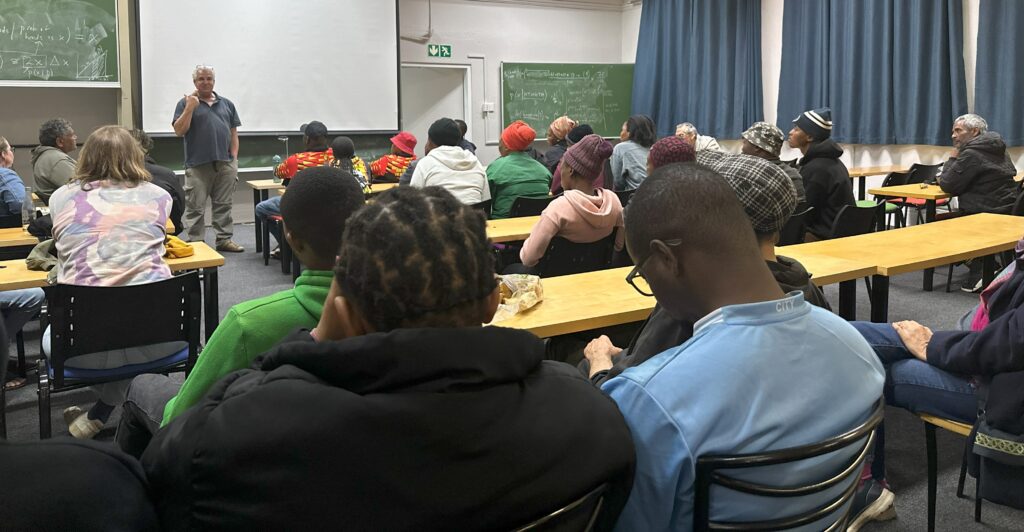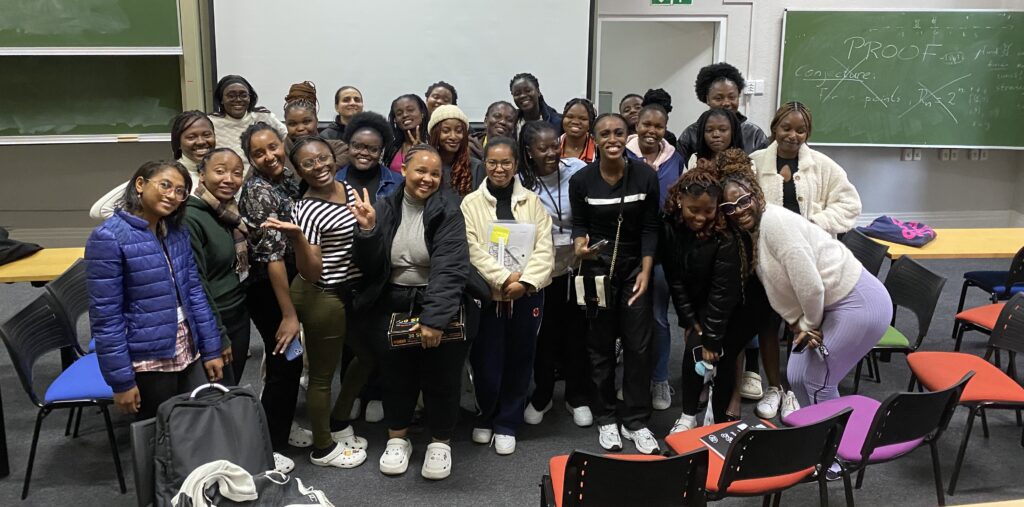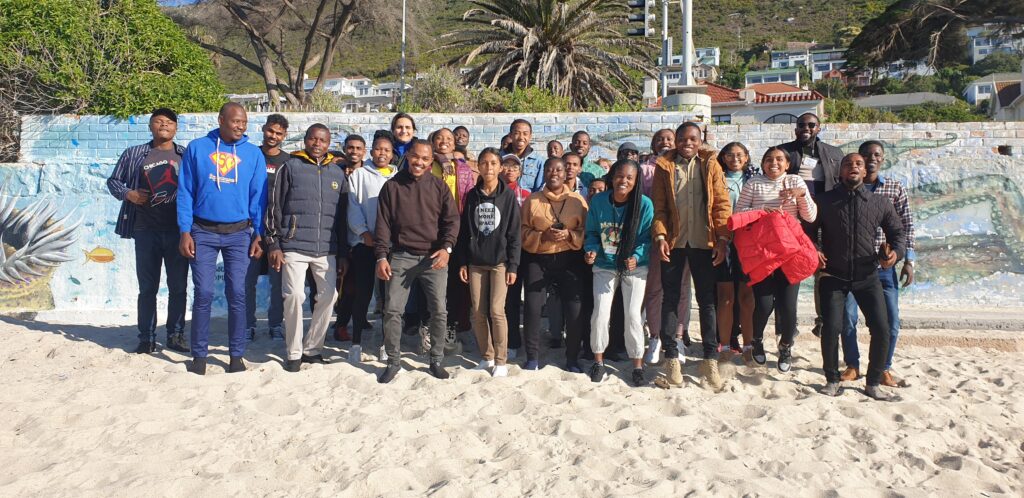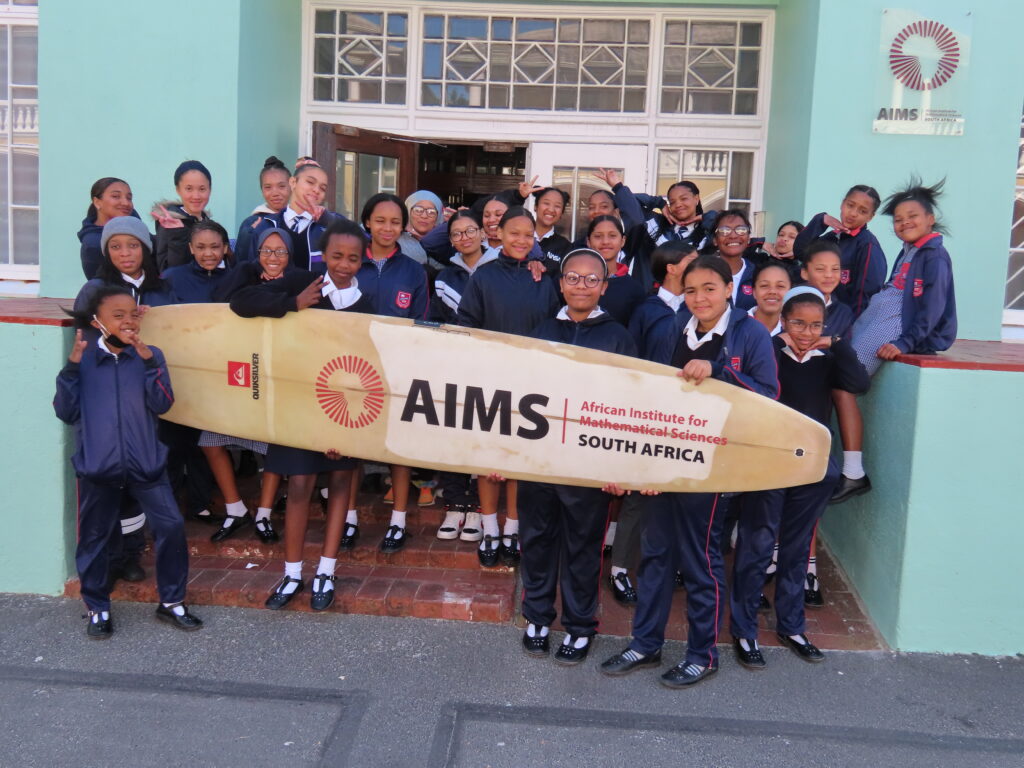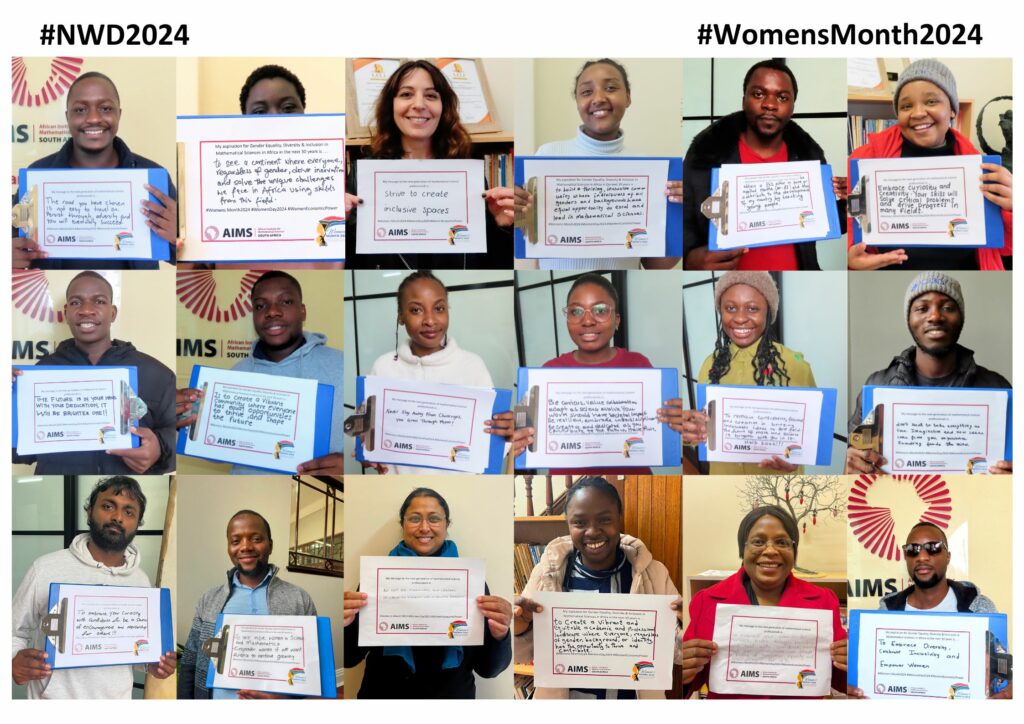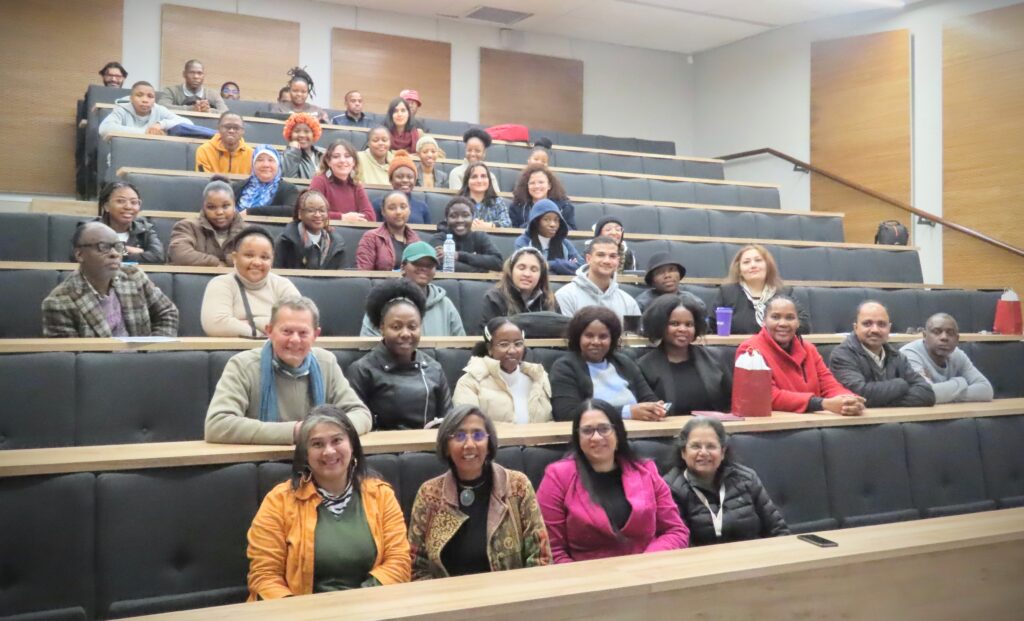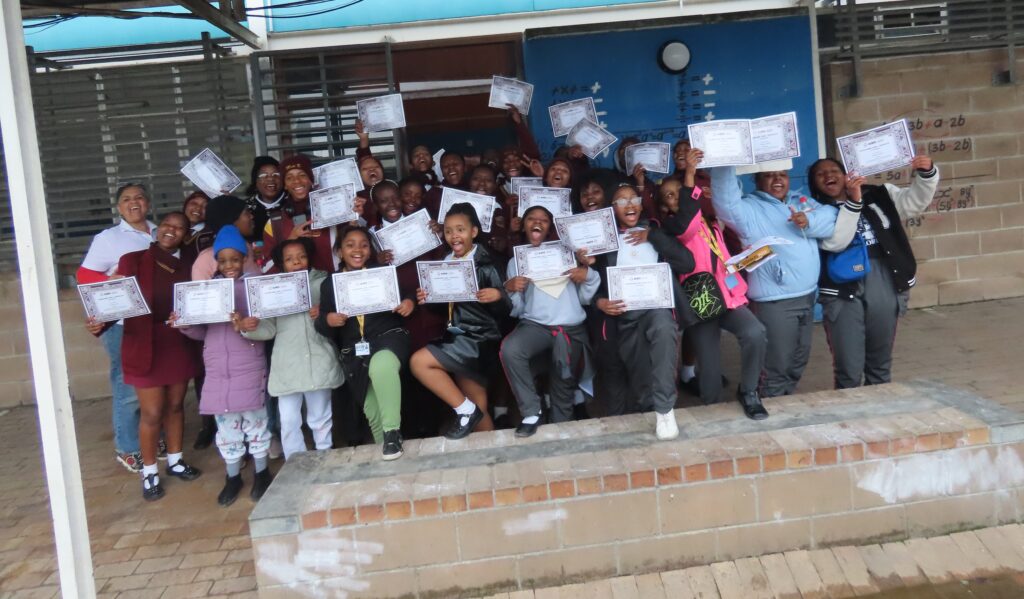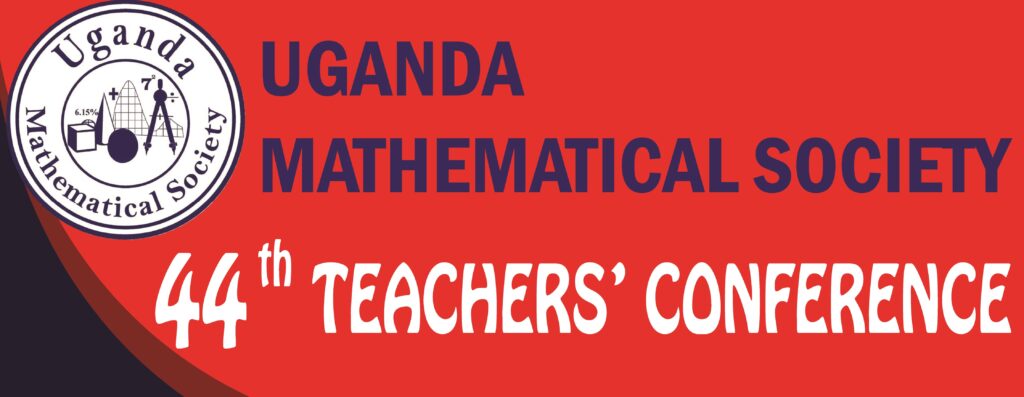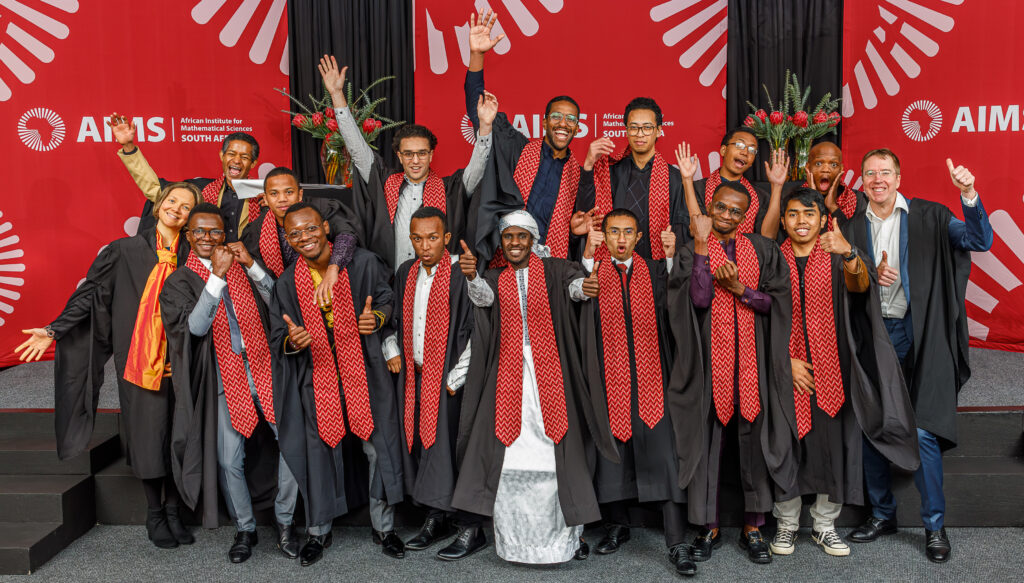On 26 September, AIMS hosted the second event in the “Talking Recycling Solutions” series, continuing the conversation on waste management and recycling in the Greater Muizenberg community. The event featured a screening of The Oracle of Mokattam, a film about waste management in Cairo. This was followed by insights from waste experts and members of
AIMS Contributions to Waste Management and Recycling Dialogue in the Greater Muizenberg Community
